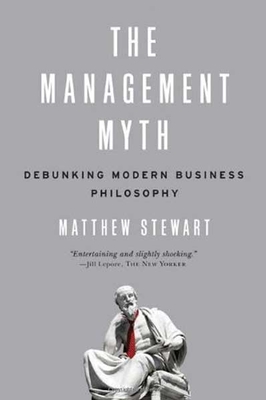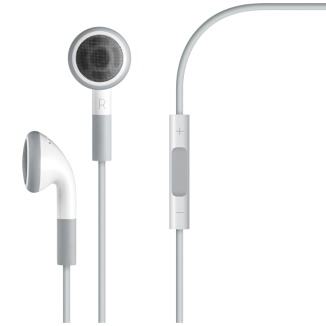Poke the Box
 I just finished reading Seth Godin’s new book, Poke the Box. Much like the book, I'll try to keep my thoughts concise -- it's only 96 pages.
I just finished reading Seth Godin’s new book, Poke the Box. Much like the book, I'll try to keep my thoughts concise -- it's only 96 pages.
Like most of Seth’s books -- I’ve read most if not all of them-- Poke the Box promotes a very simple concept. Seth probably could’ve communicated what he was trying to communicate in a couple of blog posts; actually, he could’ve summed it up in a word: “Go!”
Poke the Box means make change, make it happen, start, don’t wait, ship! Shipping is what matters.
It was a quick read and I’d recommend it if you have a few hours to kill on a plane or if you're feeling like you could use a good kick in the pants. The book wasn’t all that insightful -- most of what Seth had to say most of us already know, but it was filled with good reminders that can help motivate.
For me, the two most notable reminders were:
- Get started and iterate like crazy. Sometimes the best thing you can do is simply move.
- Most initiatives don’t work so don’t be afraid of failure and don‘t get frustrated when they don‘t work. Real failure is when we don't start.
Of course sometimes the hardest thing about starting is knowing when to quit. Seth tried to answer that a few years ago in The Dip.
All in all, a solid, quick read.

 The management consulting business has always been a bit of a mystery to me. Something just doesn't add up. Matthew Stewart just wrote a book about this called the
The management consulting business has always been a bit of a mystery to me. Something just doesn't add up. Matthew Stewart just wrote a book about this called the 